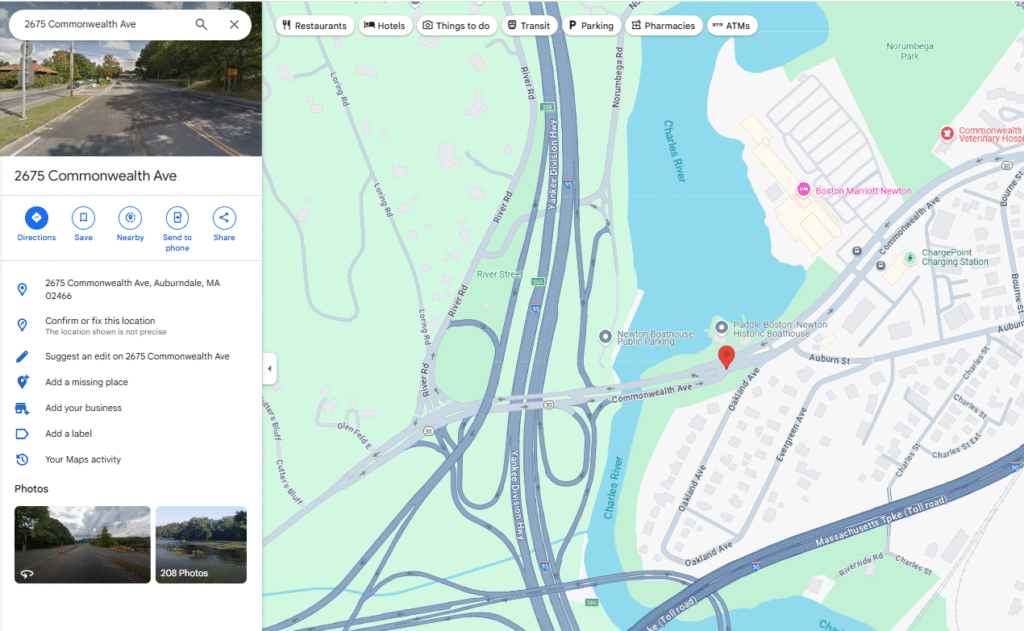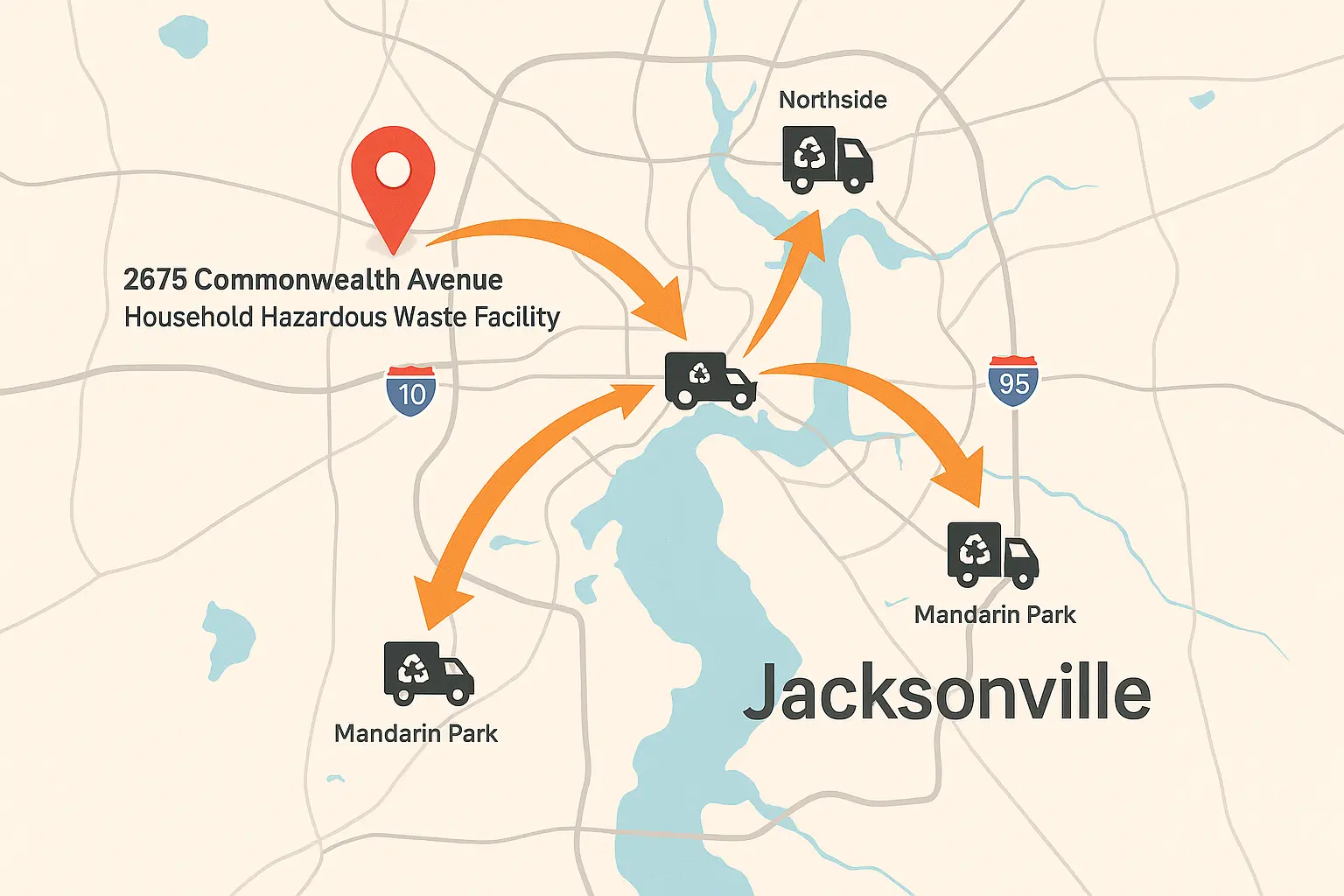Table of Contents
St. Johns River at stake: why grease matters
Every splash of fryer oil that slips into Jacksonville’s sewers drifts toward the St. Johns River, congealing into fatbergs that block pipes and trigger costly sewage spills. JEA crews clear more than 1 000 grease caused backups a year, and each cleanup dollar eventually lands on ratepayers’ bills. Fat slicked water also starves river grass beds that shelter redfish and manatees, undermining the city’s prized ecotourism economy. Treating used cooking oil as a tradable raw material instead of garbage eases pressure on the wastewater grid and supports Florida’s fast growing biodiesel sector, which now powers JTA buses on B20 blends.
In short: recycle your oil and you’re safeguarding both household plumbing and the river that defines the city’s identity.

Know the rules: JEA FOG policy & city fines
Jacksonville delegates grease enforcement to JEA’s Industrial Pretreatment team, whose 2021 Best Management Practices manual requires every food service establishment to install a properly sized interceptor, keep “No Grease” signs above sinks, and empty grease bins before they reach 90% capacity. Containers must be covered and positioned away from storm drains; overflow can trigger penalties under City Ordinance 380.209. Interceptors 51 to 749 gallons must be pumped at least monthly; larger tanks get ninety day windows. Failure to show pump out logs at inspection invites fines of up to $2 000 per day plus liability for any sewer overflow. Homeowners aren’t off the hook either: pouring grease down the drain violates local code and can leave you paying both a plumber and sewer cleanup surcharge on your JEA bill. Understanding these rules is cheaper, and gentler on the river, than learning them after a citation.
Store it right: from skillets to secure tanks
Let hot oil cool below 120 °F, then pour through a mesh sieve into the right vessel. Home cooks can reuse the original jug or any food grade PET bottle, clearly labeled “USED COOKING OIL, NO WATER.” Restaurants graduate to 55 gallon black drums, 70 gallon square caddies on wheels for nightly transfers, or 140 and 300 gallon outdoor tanks with lockable lids and built in pumps, formats familiar to Jacksonville’s beachside seafood shacks and stadium vendors alike. Position tanks on level concrete, at least ten feet from storm drains, and keep spill kits within arm’s reach.
Purity pays: collectors dock rebates for crumbs or dishwater, so cover containers and train staff to scrape plates before rinsing. Following these steps preserves oil quality for biodiesel refiners while making surprise grease theft, still a problem along Beaver Street, far less likely.

Residential drop off made easy
Duval County residents can pour up to five gallons per visit at the Household Hazardous Waste Facility, 2675 Commonwealth Avenue, open Tuesday through Saturday, 8 a.m. to 5 p.m. The site accepts cooking oil alongside paint and e waste at no cost; attendants ask that containers be leak free and free of water. Can’t make the trip? The Solid Waste Division schedules twelve mobile HHW events a year at parks from Mandarin to the Northside; check the Waste Wizard app for the next date. Some AutoZone and Advance Auto Parts stores also take small jugs but call ahead; tanks fill fast. Freeze grease in a milk carton if you must use curbside trash, but never exceed one quart per bag and double wrap to deter raccoons. These free options keep your sewer line clear and your conscience cleaner.

Commercial pickup & rebates
Local collectors turn fryer waste into revenue for busy kitchens. Most supply sealed tanks, 24/7 emergency swap outs, and quarterly rebate checks tied to commodity prices.
Most pay 15 to 30¢ a gallon when vegetable oil futures top $0.60. Combine that with avoided plumbing emergencies and the math favors recycling over disposal. Ask for electronic manifests to satisfy JEA inspectors and insurance auditors in one click.









